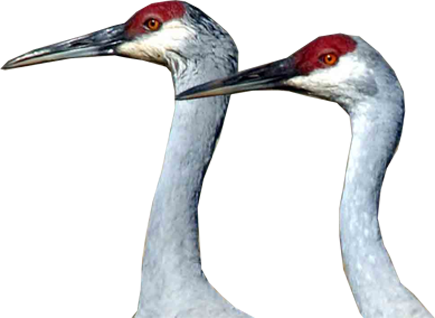Hope After Rangeland Fire
Note from the IWJV Coordinator, Dave Smith: The turning of the page into a new year brings an array of human emotions – reflection, gratitude, anticipation, a resolve to improve, and, most of all, hope. In 2021, coming off perhaps the most difficult year in a century, hope exists at so many levels. There is hope at the global level as the first COVID-19 vaccinations have been delivered and we can finally see light at the end of the pandemic tunnel. There is hope in our conservation community as we look ahead to the times when we can meet in the field and shake hands across fence lines, both real and figurative.
And there is the kind of hope that IWJV Management Board Member, Kim Brackett, eloquently communicates in this article about her experience as a public lands rancher in the Great Basin: a fragile hope for the grass to grow and rangelands to recover after devastating rangeland fires all across the West. Her experiences of anger and loss that catalyzed collaboration are a reminder of the good that can come from hardship. The IWJV wishes you the very best in 2021 and that you enter the New Year with an abundance of hope for the future!

Murphy Complex Fire. Photo courtesy of Kim Brackett.
By Kim Brackett, Idaho Rancher
The acrid smell of smoke clung to him; his new flat-brimmed palm leaf hat was covered in brick-red fire retardant. That’s what I noticed first when my husband walked through the door at one o’clock in the morning. He took a quick shower, put on clean clothes and was walking out the door again when I handed him a thermos of coffee, a jug of water, and a cooler of food. Before he got back into his pickup, I grabbed his arms and forced him to look at me. We were both scared—more scared than we had ever been in our entire marriage. I needed to know what he had seen, what we were up against. Had he been able to cut fences and let cattle run from the fire? How many head had we lost? How many acres had burned? I also wanted to remind him, to anchor him in the fact, that the kids and I were safe. Even in the midst of the hell he was driving back into, we took a moment to be thankful that our family and house were spared. As I looked into his face I saw anguish, fear, and sorrow in his eyes.
At that time, my husband and I had three children under the age of six. I stayed home with them and my husband spent his days and nights fighting the fire alongside his father and brothers, our employees and our neighbors as well as the federal, state, and volunteer firefighters from around the country. Just two days earlier, we’d evacuated our house and ranch headquarters. Although we were back in our home at that point, sleep didn’t come easily as I kept an eye on the fire and listened for my husband’s voice on the two-way radios we used on the ranch.
Recalling it now, thirteen years later, I still shiver at the immensity of the unknown we were facing at that time. We didn’t yet know how many cattle we would lose or how much grass would be lost to the flames. We had no idea if there would be enough of the ranch left for us to rebuild. It was nearly impossible to see it then but there would be hope after this fire. There would be healing, for us and the land. For all those struggling with this past year’s devastating fires in California, Colorado, Oregon, and Washington, please hold tight to your loved ones and know there are others that feel your pain, anger and fear. I want to tell you the grass will grow again.
Read more of Kim’s story over at Partnering to Conserve Sagebrush Rangelands.

